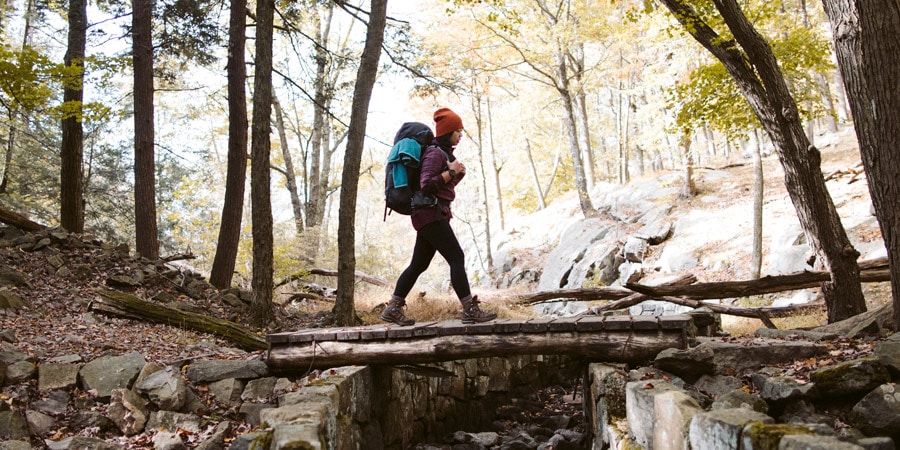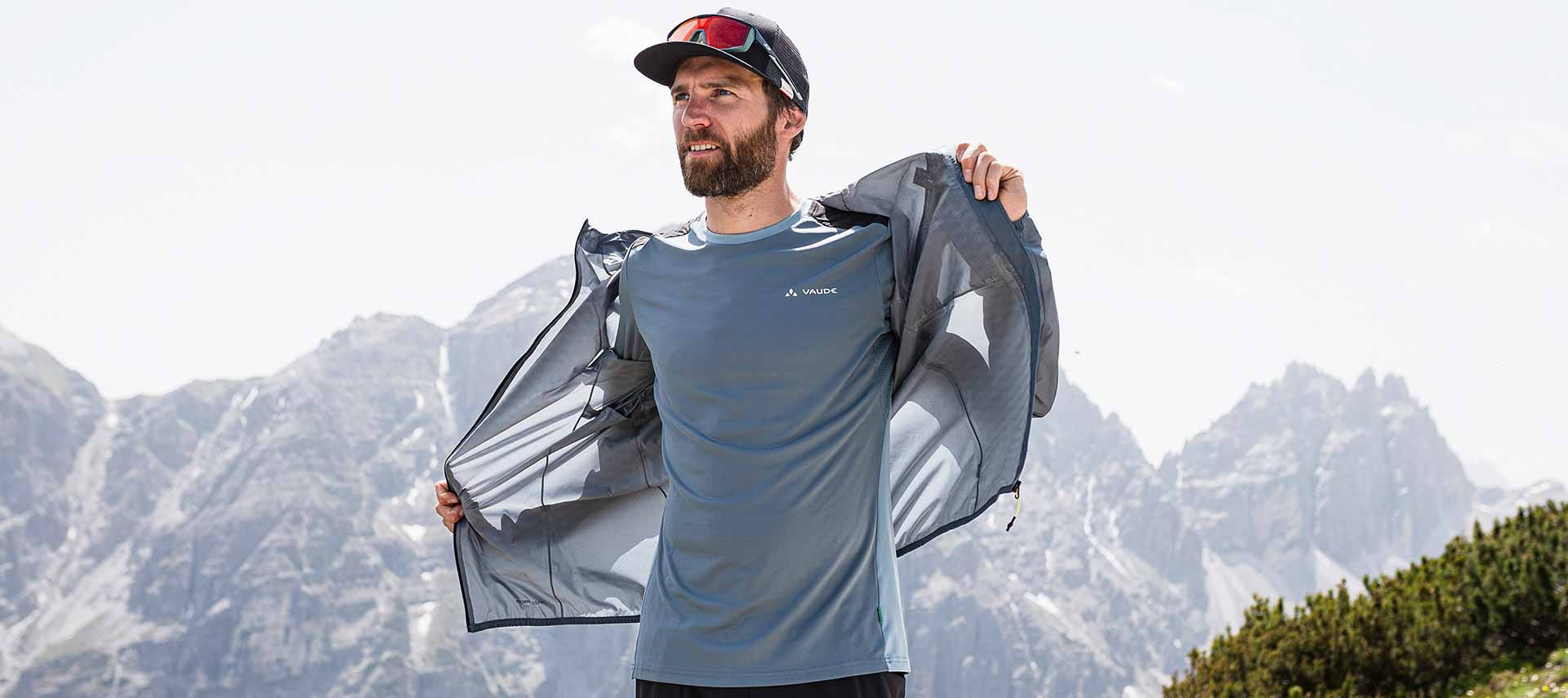Essentials You Need To Pack For Your Backpacking Experience

Dreaming of the exhilarating freedom of a backpacking journey? Whether trekking through jungles or embarking on a work and travel escapade in Australia, packing for such adventures is both thrilling and challenging. To help you navigate the essentials, we’ve noted down some backpacking essentials and packing tips for your backpacking experience below.
1. Documents and Money

Ensure smooth travels by keeping your passport close at hand, especially during flights. Confirm its validity well in advance, with at least six months remaining before expiration. Exchange currency at local banks for better rates than airports offer. Remember to have enough cash for initial expenses until you locate an ATM.
2. Electronic Devices

While your smartphone is indispensable, don’t forget its charger. Invest in a portable power bank to keep your devices charged on the go. Consider carrying a secondary phone for rugged adventures, equipped with a local SIM card for internet access. Don’t overlook adapters for different plug types in your destination country.
3. Clothing

Pack strategically for varying weather conditions and activities. Choose a mix of lightweight and warm layers, tailored to your itinerary. Opt for practical items like a waterproof jacket and versatile shoes suitable for hiking, exploring cities, or beach visits. Remember, you can always wash clothes during your journey, especially near urban areas.
4. Body Care

Minimize bulk by using travel-sized bottles for toiletries or eco-friendly soap bars. Invest in a microfiber towel for space-saving and quick-drying functionality. Sunscreen is essential for protecting your skin from harmful UV rays, along with basic toiletries like toothbrushes and toothpaste. Consider sharing toothpaste with travel companions to reduce plastic waste.
5. Medicines and Painkillers:

Be prepared for common ailments with painkillers, allergy medications, and any necessary prescriptions. Carry a basic first aid kit, particularly for trekking trips where medical assistance may be limited.
6. Lifesaving Accessories:

A compact sleeping bag is invaluable for hostel stays or camping adventures. Stay hydrated with a reusable water bottle, minimizing plastic waste and saving money. Earplugs ensure restful sleep, while a cap or bandana shields you from the sun’s harsh rays. Secure your belongings with a padlock, offering peace of mind during transit or hostel stays without lockers.
Now equipped with these backpacking essentials and packing tips, embark on your backpacking journey with confidence and excitement!
Don’t forget to book your airport transfer in advance!
FAQs
Are there any specific recommendations for packing light or maximizing space in a backpack?
Packing light and maximizing space in a backpack are crucial skills for backpackers. To efficiently pack, consider rolling clothes instead of folding them to save space and prevent wrinkles. Use packing cubes or compression sacks to organize and compress clothing items. Choose multi-purpose items and clothing layers to minimize the number of items you need to bring. Additionally, opt for lightweight and compact versions of essential items, such as travel-sized toiletries and collapsible water bottles.
What are some potential challenges or safety considerations for backpacking in different environments or regions?
Backpacking in different environments and regions presents various challenges and safety considerations. In remote or wilderness areas, hikers may encounter hazards like rough terrain, wildlife encounters, or extreme weather conditions. It’s essential to research the destination thoroughly, including local safety guidelines and potential risks. Pack appropriate gear for the environment, such as sturdy hiking boots, protective clothing, and navigation tools. Additionally, ensure you have a first aid kit and know basic wilderness survival skills, such as building a shelter and purifying water.
Are there any additional resources or tools available for planning a backpacking trip, such as packing lists, travel apps, or online communities?
Yes! Numerous resources and tools are available to aid in planning a backpacking trip. Websites and travel blogs often offer detailed packing lists tailored to different destinations and trip durations. Travel apps like Maps.me, Hostelworld, and Trail Wallet can assist with navigation, accommodation booking, and budget management. Online communities such as Reddit’s r/backpacking or forums on websites like Lonely Planet allow backpackers to connect with fellow travelers, share tips and recommendations, and seek advice from experienced adventurers. These resources can enhance trip planning and provide valuable insights for a successful backpacking adventure.